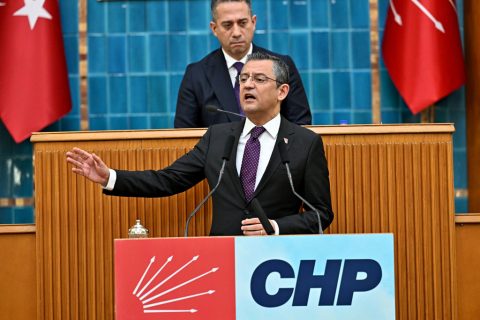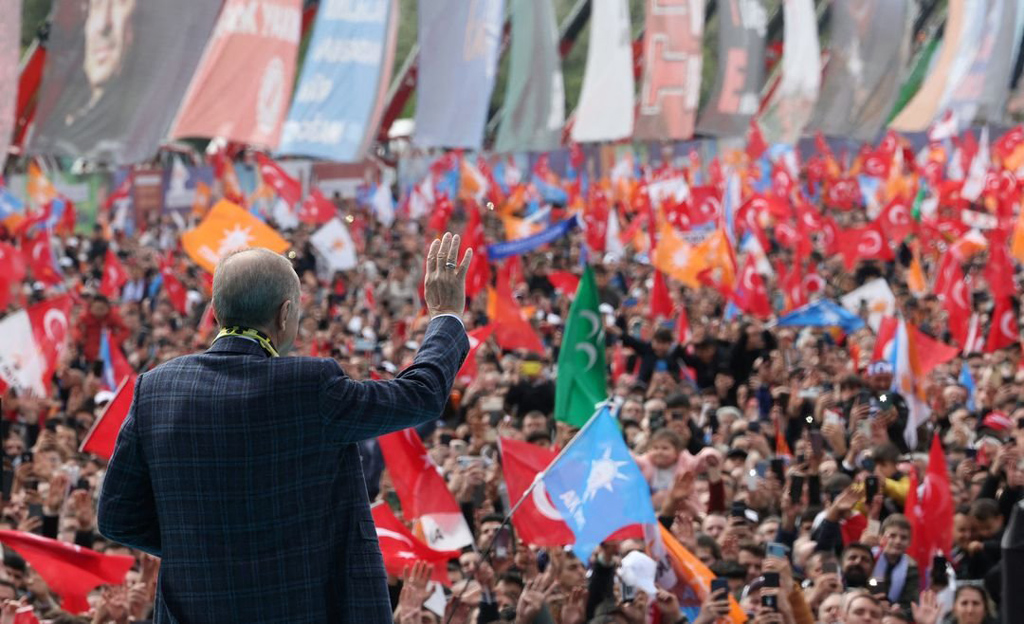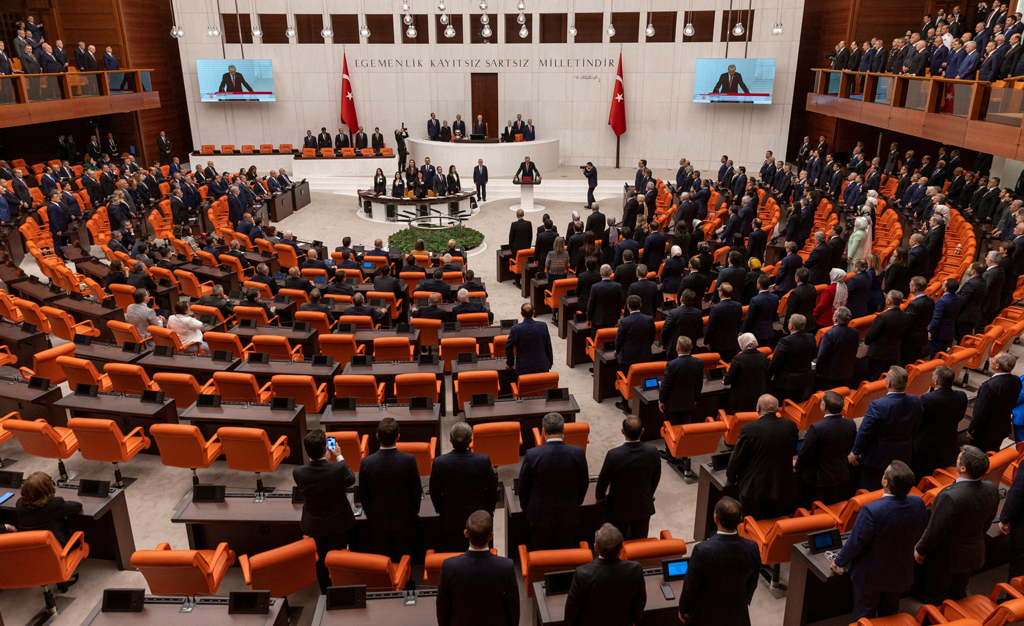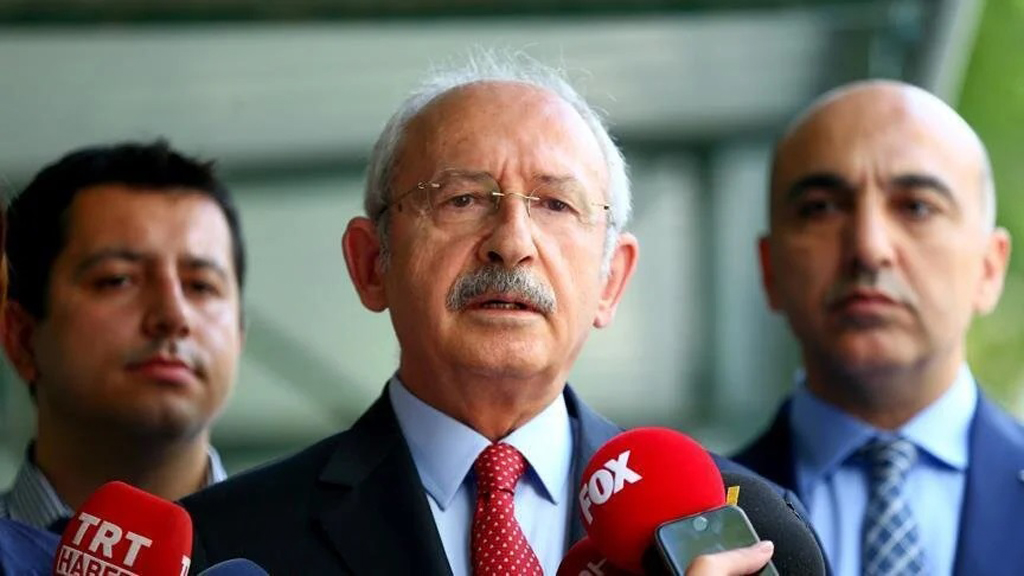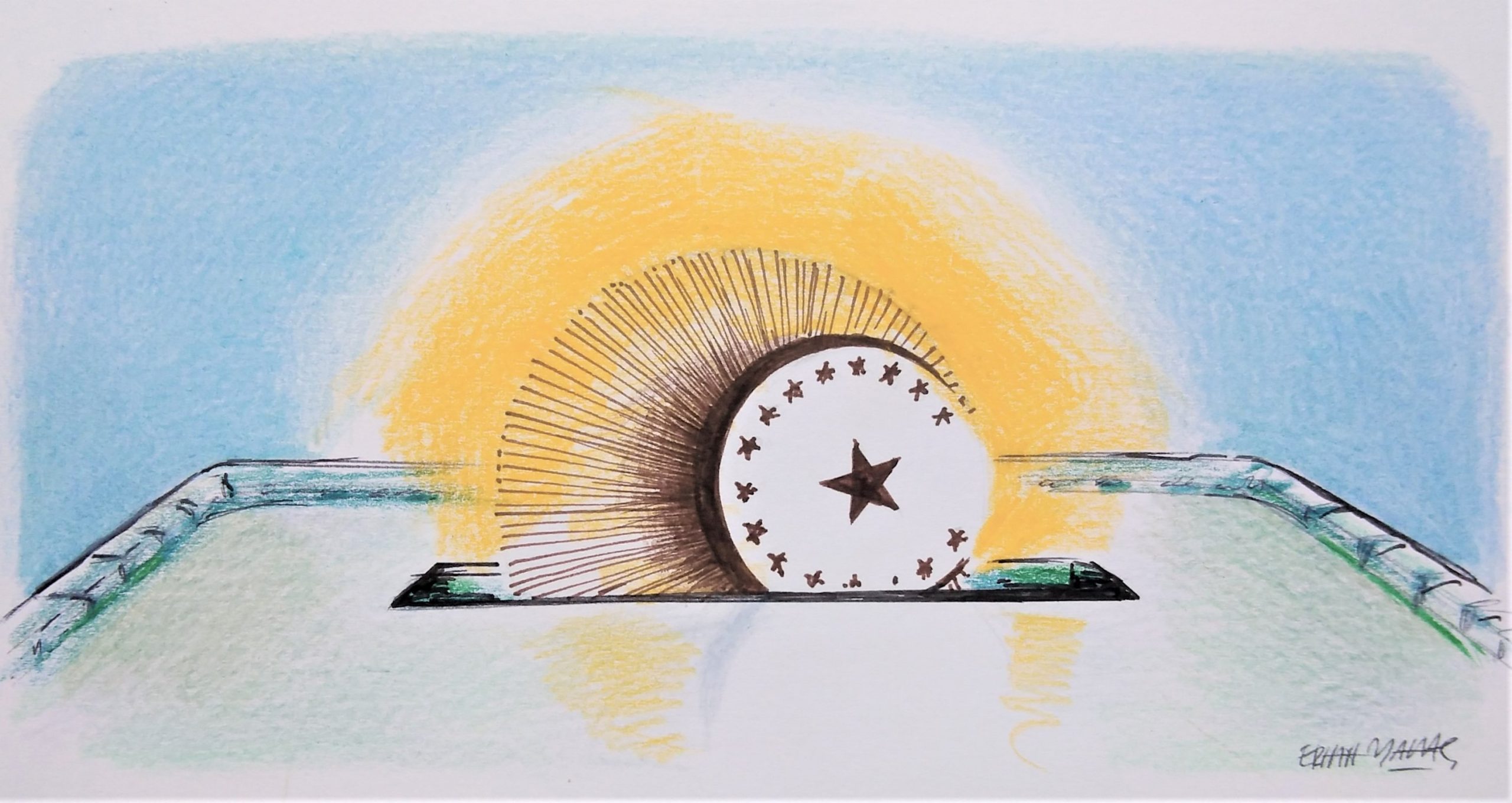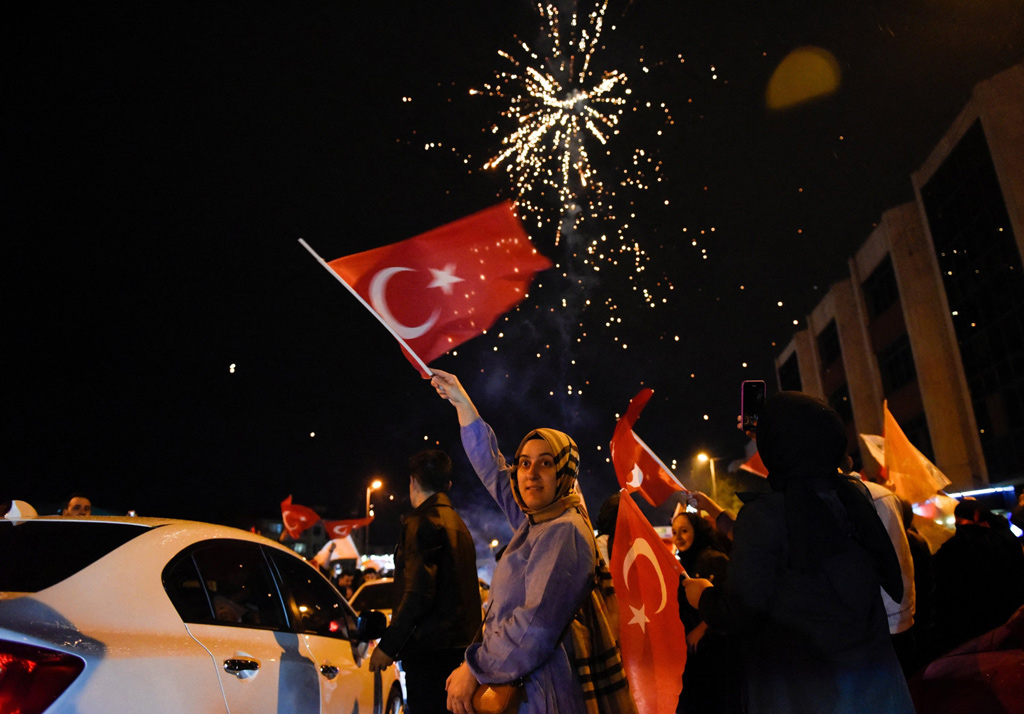Türkiye’s Nationalist Movement Party (MHP)
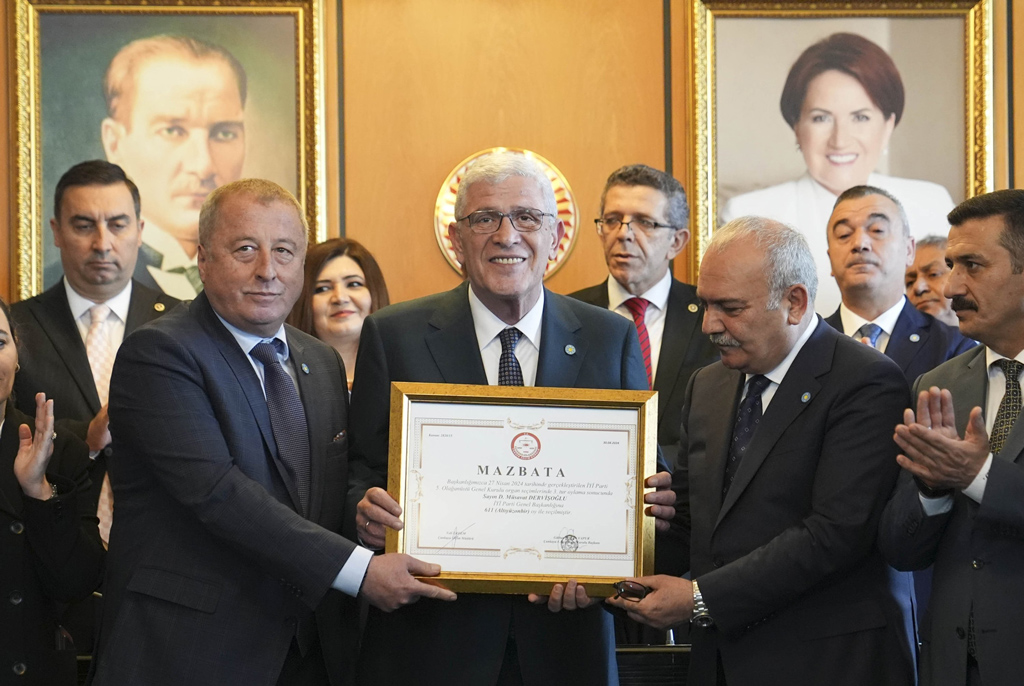
CHP Chair Özel’s line challenges new IP’s third-way agenda
| OpinionThe Good Party (IP) held an emergency congress on Sunday to replace its chairperson, Meral …
-
Opinion
CHP Chair Özel’s line challenges new IP’s third-way agenda
By Burhanettin DuranThe Good Party (IP) held an emergency congress on Sunday to replace its chairperson, Meral Akşener, with Müsavat Dervişoğlu.
-
Opinion
Costs of AK Party and IP’s intensifying rhetoric about CHP
By Burhanettin DuranThe campaign rhetoric heats up with the municipal elections less than 70 days away. The Justice and Development Party (AK Party) and the Good Party's (IP) narratives promise to challenge the main opposition Republican People's Party (CHP).
-
Opinion
CHP, counterterrorism and two-pronged discourse
By Burhanettin DuranTwelve Turkish soldiers lost their lives earlier this week in an attack by the terrorist organization PKK in northern Iraq. I offer my condolences to their families and the nation.
Bu Konuda Daha Fazla
-
22 years of AK Party and Turkish opposition’s quests
By Burhanettin DuranEstablished to tackle the political and economic crises of the 1990s, the AK Party encountered many challenges. It opted for what was possible and rational as opposed to ideology to skillfully analyze the future of world politics.
-
New Parliament and the future of politics in Türkiye
By Burhanettin DuranOver the weekend, President Erdoğan and his new Cabinet started working toward the “Century of Türkiye.” The Turkish leader has many items on his diplomatic agenda – as the number of world leaders congratulating him and attending his inauguration ceremony suggests. Over the following years, Türkiye will promote peace, stability and cooperation in its neighborhood, consolidate its continent-wide initiatives and strive toward a more just world order.
-
Kemal Kılıçdaroğlu Is Set to Lose Türkiye’s Presidential Election
By Faruk YaslıçimenWith Türkiye’s transition to a presidential system in April 2017, after a historic referendum that saw 51.4% of the votes cast in favor of the new system, political parties in Türkiye immediately began to adapt to the new system. The presidential system, which requires candidates to win an absolute majority of first-round votes, forged pre-election alliances. It became clear to all opposition parties, led by the Republican People’s Party (CHP), that on their own they could not defeat Erdoğan or the AK Party (Justice and Development Party) under Erdoğan’s leadership?
-
Türkiye elections: Fate of second round lies within results
By Burhanettin DuranTürkiye successfully held a historic election in line with democratic maturity. Governments around the world watched closely as 88.92% of eligible voters participated in the election and Turkish democracy proved its strength yet again. In the end, President Recep Tayyip Erdoğan beat his opponent, Kemal Kılıçdaroğlu, by almost 5 percentage points. Meanwhile, the People’s Alliance claimed 322 parliamentary seats – the majority – with 49.5%.
-
Unforgettable triumph of Turkish democracy
By Muhittin AtamanTens of millions of Turks went to the polls and cast their votes last Sunday to choose the next president and the 600-seat Parliament. Over 30 political parties and five multiparty political coalitions (the People’s Alliance, the Nation Alliance, the ATA Alliance, the Labor and Freedom Alliance, and the Union of Socialist Forces Alliance) competed in the elections. At first, there were four official candidates, namely, President Recep Tayyip Erdoğan, Kemal Kılıçdaroğlu, Sinan Oğan and Muharrem Ince. However, after the withdrawal of Ince, only three of them competed for the Presidency.


